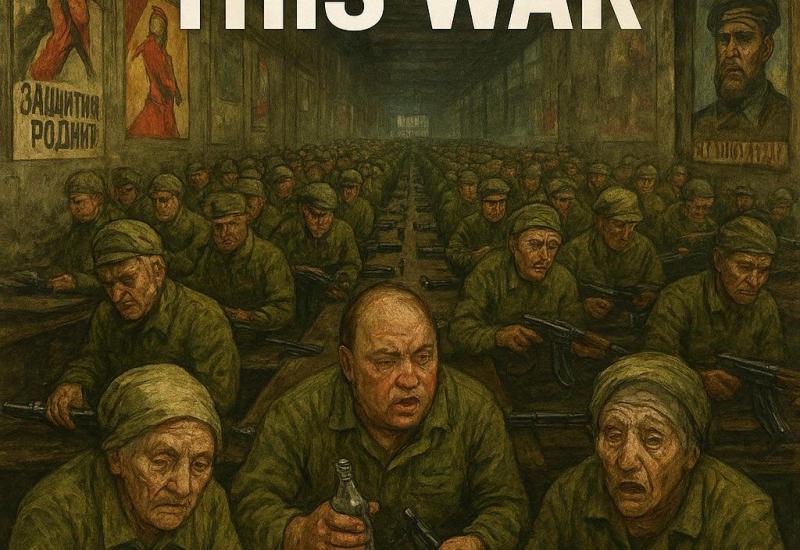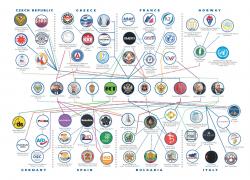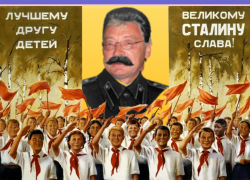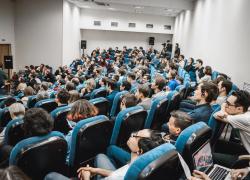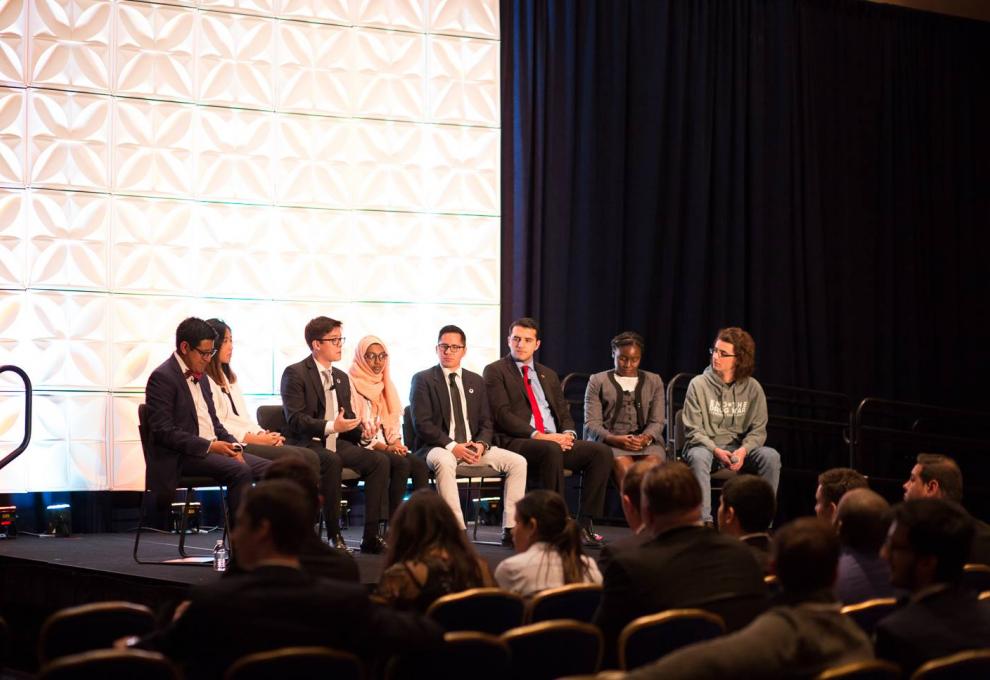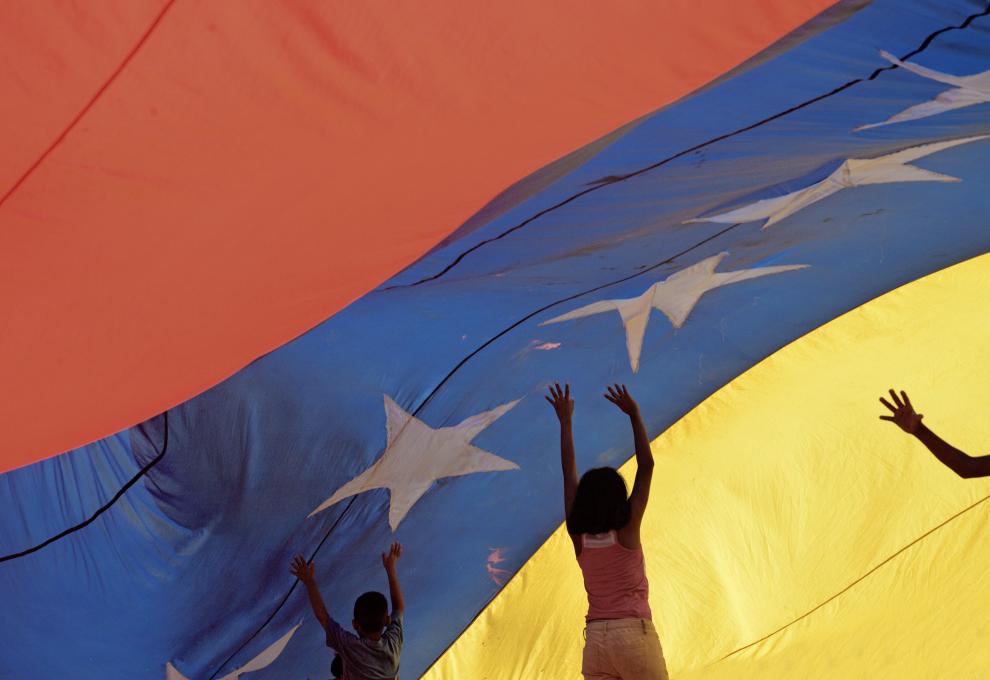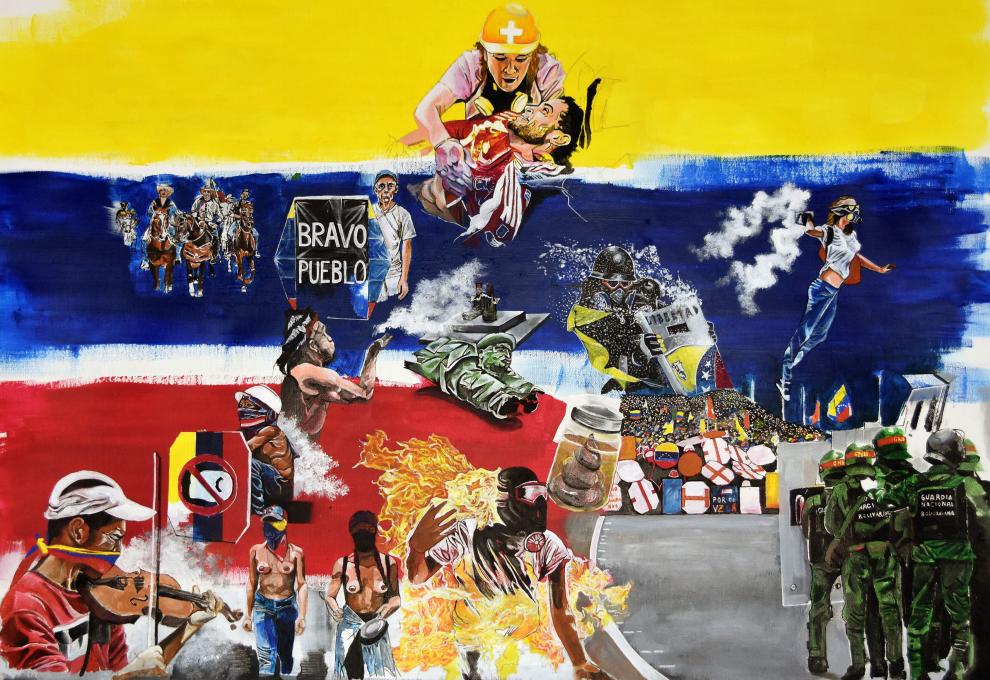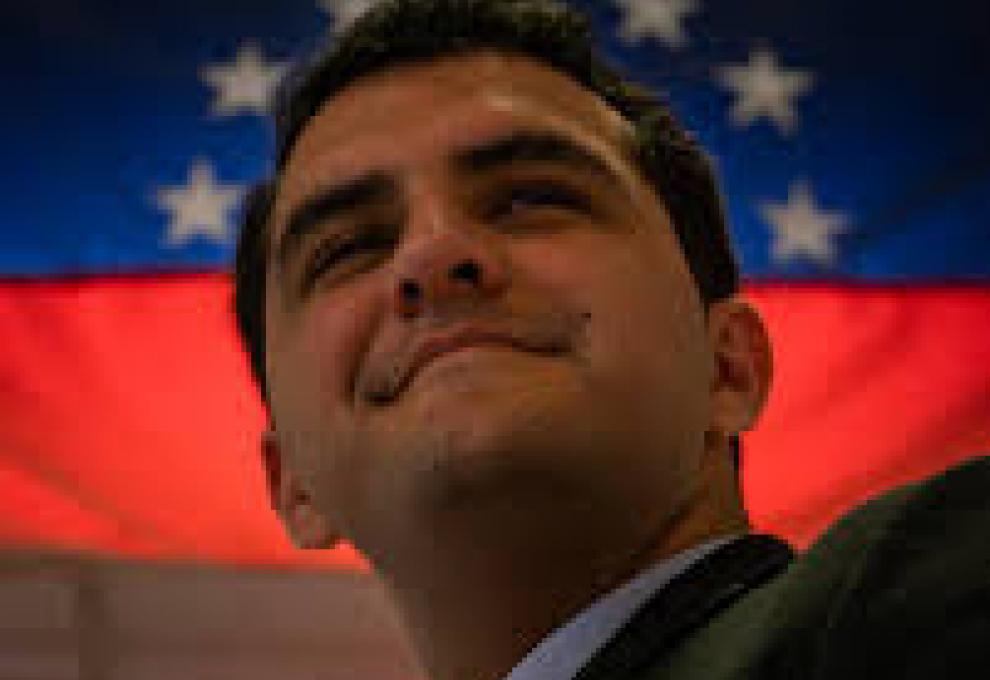Maduro Regime Seizes Offices of El Nacional
On last Friday, the Venezuelan regime of Nicolas Maduro seized the building of El Nacional, the most important newspaper of Venezuela, which has over 75 years of history.
The decision came after the Venezuelan supreme court (full of Maduro’s loyalists) issued a judgment a few days earlier against the media outlet. The court said that the media outlet had to pay $13 million to Diosdado Cabello for allegedly spreading fake news against Cabello.
The seizing of El Nacional offices in Caracas represents the latest attempt, from the Venezuelan regime, against the newspaper. For instance, El Nacional is only producing content online, as the Venezuelan regime blocked the newspaper from accessing the necessary material to produce their print edition. This after the regime decided to monopolize the importation of the materials necessary to print a newspaper.
El Nacional has been the victim of another censorship mechanism, which is to prosecute the companies who decide to advertise in the newspaper. This with the intention to either bankrupt the newspaper or force the newspaper to soften its editorial line. This practice was also used in political campaigns, for instance, where the regime prosecuted companies who donated resources to the opposition.
The seizing of El Nacional comes in an interesting moment. Just a few days earlier, Venezuela’s Interim President Juan Guaido issued a statement inviting Nicolas Maduro to sit together to negotiate an electoral agenda. Guaido’s proposal consisted of holding presidential elections in Venezuela in exchange for the United States dropping its sanctions.
While it is not the point of this article to discuss the feasibility of such a proposal, I have in fact written in the past about it, when a few months ago I advised that such proposal is less than ideal, to say the least. Specifically, I said the following:
“My biggest concern with this strategy is that Maduro will simply not negotiate its potential exit from power just for the removal of the American sanctions. Maduro has no incentives to take this deal; because if real presidential elections were held, the opposition would win by a landslide. This is the reason no sanctioned regime would take this deal, not Cuba, not Iran, not Venezuela. In fact, this option was already discussed and disregarded in a series of secret negotiations that the regime and the opposition had in 2019, with Norway being the intermediary of such negotiations.”
Yet, the purpose of this article is not to discuss this strategy, but to talk about what is happening with El Nacional. Yet, it is interesting that the regime decided to take over the newspaper exactly the same week of Guaido’s offering, an offer that Maduro agreed by saying that he was in fact willing to negotiate.
In fact, this is even more interesting considering that Maduro has been doing some actions that have been taking as “signals of goodwill to the United States,” such as allowing the UN World Food Programme to come to Venezuela, or the COVAX mechanism to deliver vaccines in Venezuela.
When thinking about the reasons for this apparent contraction, I think my hint would be the following: that the Maduro regime has two coalitions advocating for opposite strategies. There are those who believe in trying to negotiate with the United States. Specifically, I think they want to negotiate a few concessions in exchange for the sanctions. Of course, their intention is to never negotiate anything that could jeopardize their grip on power, and because of it, they would never negotiate the holding of free and fair elections. I think officials like Maduro and Arreaza are among this group.
On the other hand, I think there is a group with an opposite strategy. They believe that they have the US and the opposition on the floor, and as such, they need to keep the pedal in the gas, to keep the pressure on. I think this is the group that advocated for the seizing of El Nacional, which was just in time to demonstrate that they are not willing to concede even the minimum opening. The leader of this group would be Diosdado Cabello, who was the leading force behind the seizing of El Nacional.
For this reason, I think that the message is clear. One cannot negotiate with the Venezuelan regime, as they will not negotiate anything that jeopardizes their grip on power. Instead, we need to keep pressuring them, especially by financially sanctioning not only regime members but also everyone even remotely associated with the regime – to then use their resources to at least alleviate the intolerable levels of poverty that millions of Venezuelan migrants are going through right now.
By Jorge Jraissati
Jorge Jraissati is the president of the Venezuelan Alliance. Graduated at the Wilkes Honors College, Jorge is an economist, political leader, and a fellow at the Abigail Adams Institute. Jorge has been invited as a guest lecturer to over 20 universities, such as Harvard, NYU, and Cambridge.



